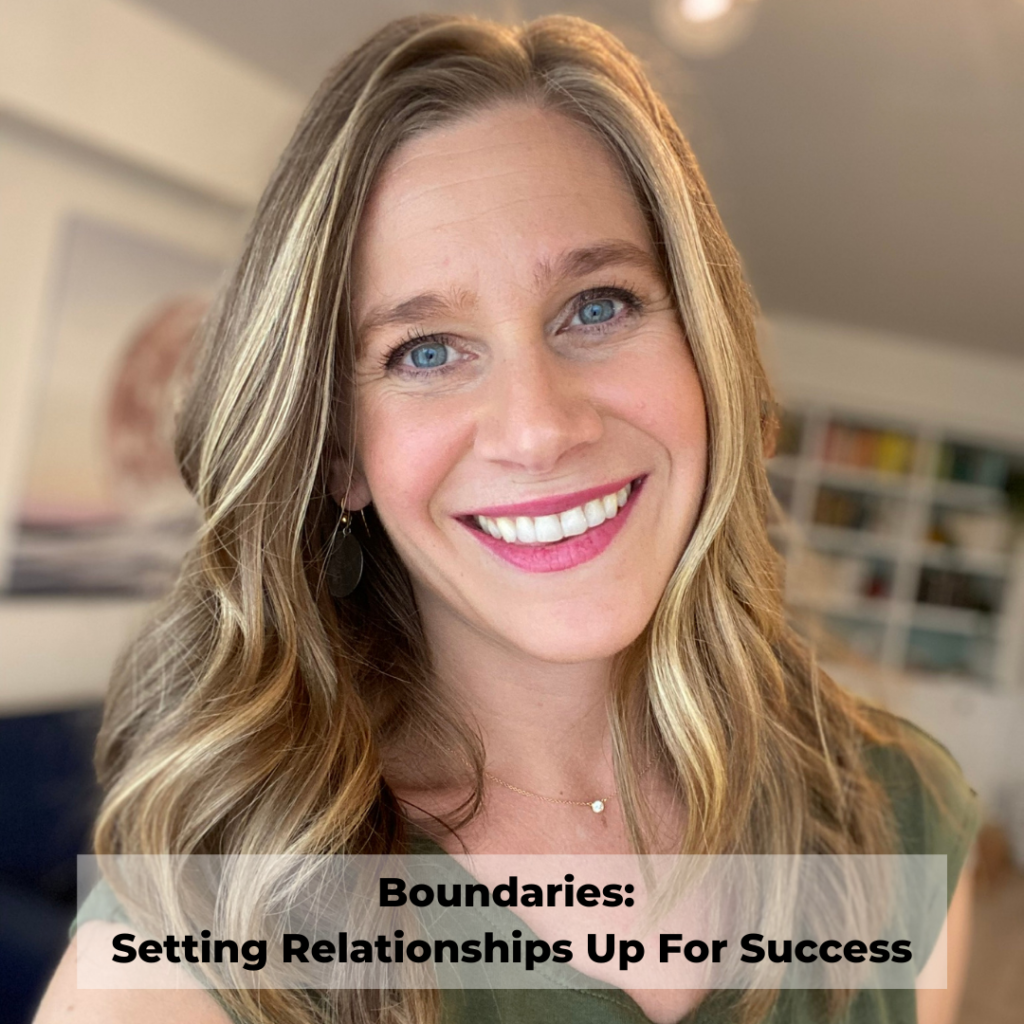
We tend to stress when we wake up in the middle of the night– watching the clock and panicking about being tired the next day. But in many instances, waking up in the middle of the night is actually a normal physiologic occurrence called middle sleep. This is a break between two segments of sleep, our “first” and “second sleep.” It’s a time to pee, read, journal, reflect on our dreams, and have sex. The only critical thing is that we do all this by candlelight, in the dark, or wearing blue blocking glasses. Middle sleep is normal, but exposing the brain to artificial blue spectrum light in the middle of the night can confuse our circadian rhythm. So next time you wake up in the middle of the night, consider if this may be the break between two ~4-hour blocks of sleep. Rather than stressing, simply protect yourself from blue light (i.e., don’t look at the phone), and enjoy the hour without pressure to fall back asleep. Most of the time, you’ll get naturally sleepy after about 45-60 minutes.








